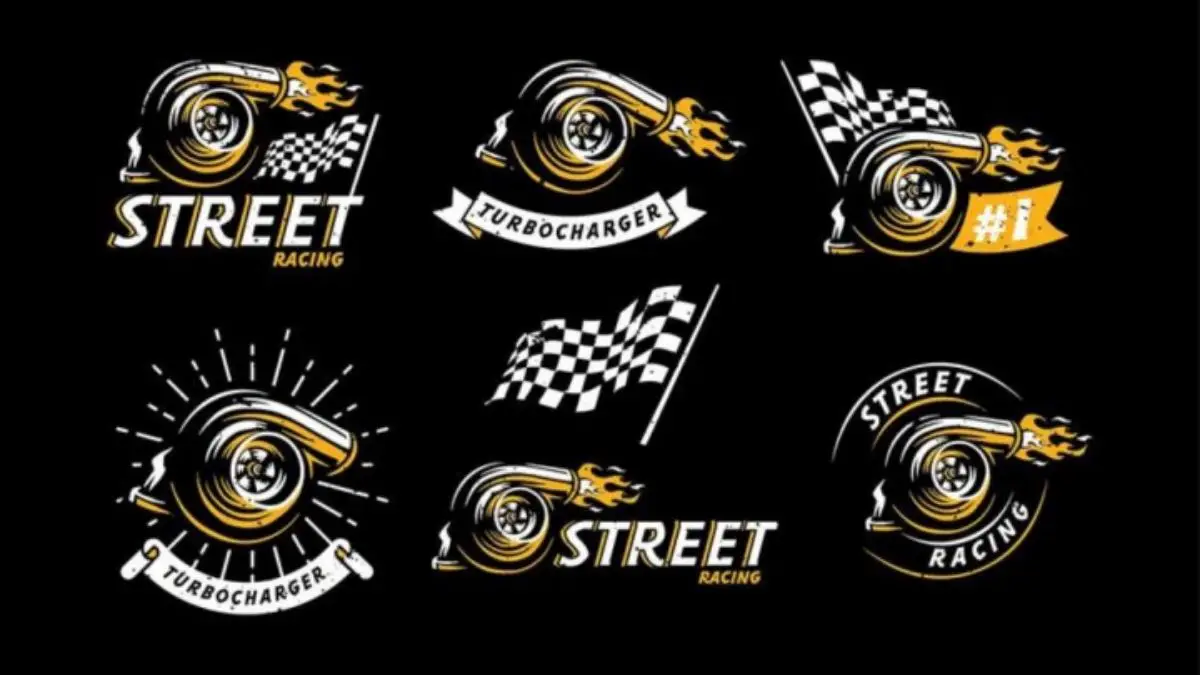There are two types of diesel cars, one with turbocharged direct injection (TDI), the other being common rail diesel engines. Both these engines have different approaches towards turbocharging.
Let’s go through some basic details regarding turbochargers on diesel cars:
TDI or Turbocharged Direct Injection is the most common form of engine powered by diesel pumps. This system injects fuel directly into an already hot combustion chamber which makes the air inside even hotter and hence produces more power.
In the case of common rail diesel engines, fuel is injected into a higher pressure than in TDI and it gets vaporized and then compressed to generate maximum energy at lower revolutions.
So that means turbocharger in both types of diesel cars does very different operations and has different approaches towards performance enhancements.
Table of Contents
Can you install an anti-lag system on a diesel car?
In a TDI engine, the turbocharger brings the boost pressure up by converting the exhaust gas energy into mechanical energy through its turbine, and then it pushes fresh air from outside which helps in getting more fuel to burn inside. In this way, it enhances the power output of the engine.
If you try to use an anti-lag system on a TDI diesel car without any changes in its engine control unit, it can cause turbocharger damage. You just cannot expect to use an anti-lag system on a diesel car with stock ECU.
If you want to enjoy the benefits of the anti-lag system on your diesel car, then there are only two options left for you:
(1) You can flash your TDI with ECU chip tuning and make the necessary changes in the engine control unit to support the anti-lag system.
(2) Injection of compressed air via an onboard tank during acceleration will produce the same effect. This will make the turbocharger speed up and push fresh air to your engines with enhanced pressure.
What causes diesel turbo lag?
Turbocharger lag is an inherent characteristic in all engines. To better understand the causes of this condition, we will discuss potential reasons for it in both diesel and gasoline engines.
First thing worth mentioning is that the degree to which turbochargers produce boost depends on many factors such as engine RPMs, exhaust backpressure, exhaust temperatures, and loads. Many of these factors are related between gasoline and diesel engines.
Diesel engines usually have higher boost pressure than their gasoline counterparts because they require more power at low engine RPMs to create the same amount of torque. This is due to the much lower compression ratio in diesel compared with that in a gasoline engine. However, building boost pressure in a high-compression engine is not an easy task for the turbocharger.
Diesel engines have much lower exhaust backpressure compared with gasoline engines. All these factors cause diesel engines to have much longer turbocharger response times.
However, the biggest problem with turbo lag is that of heat. Exhaust gas dramatically reduces turbine efficiency at higher temperatures (just like oxygen does for a gasoline engine). This results in greatly reduced boost pressure as exhaust gas temperature increases. Diesel engines offer more precise control of diesel particulate filter (DPF) regeneration.
If exhaust gas temperatures are too high, the diesel engine ECU will first reduce engine power to protect the turbocharger from damage and then initiate a DPF regen cycle before boost pressure builds up. When this happens, an extremely noticeable turbo lag occurs because of both reduced power and lack of boost pressure.
When diesel engines are equipped with an after-treatment system, the engine’s turbocharger produces a boost at lower exhaust backpressure and temperatures than non-catalyzed diesel engines. This is because catalytic converters offer extremely high levels of heat-resistance so they can reduce poisonous NOx emissions without significant damage to their precious metal cores. The downside of this solution is a noticeable reduction in engine power at high engine speeds due to the catalytic convertor’s loss of efficiency.
Can anti-lag damage a car’s engine?
Yes, it can damage your engine because of the extreme heat and pressure. Excessive amounts of heat can warp the heads or crack a cylinder head. Excessive amounts of pressure can blow the head gasket or crack a cylinder block.
Conclusion
In order to use an anti-lag system on your diesel car, you will need some ECU modifications. otherwise, you are in a risk of damaging your engine.


